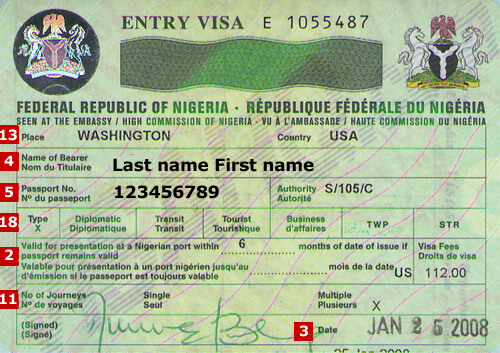Nigeria Embassy list in Cameroon
Need help?Chat with us
Importance of Trip Registration at the Nigeria Embassy
Registering your trip with the Nigeria embassy is crucial for ensuring safety, effective communication, and access to support during emergencies. In case of natural disasters such as floods or earthquakes, registration provides the embassy with your details, allowing them to reach out and assist you swiftly. Similarly, during instances of political unrest, having your information registered helps the embassy facilitate evacuation or provide guidance for your safety. Furthermore, in medical emergencies, the embassy can steer you to appropriate healthcare services and possibly assist with medical evacuations. Overall, trip registration empowers the embassy to act as a lifeline, enhancing your security and reassurance while navigating an unfamiliar environment.
Nigeria Embassy FAQs
Can the Nigeria embassy assist in legal issues abroad? Yes, the Nigeria embassy can provide assistance by connecting you with local legal resources and offering guidance on how to navigate legal matters in Cameroon.
What should I do if I lose my Nigeria passport in Cameroon? If you lose your Nigeria passport in Cameroon, immediately report the loss to the local authorities and then contact the Nigeria embassy for assistance in obtaining a replacement or an emergency travel document.
Do I need a visa to visit Nigeria from Cameroon? Yes, foreign nationals must obtain a visa prior to traveling to Nigeria, and the Nigeria embassy can guide you through the visa application process.
How can the embassy help if I am detained abroad? The Nigeria embassy will offer guidance, ensure your rights are protected, and can connect you with local legal representation.
Services Provided by Nigeria Embassies in Cameroon
Passport Services
- Issuance of new passports
- Renewal of expired passports
- Replacement of lost passports
Visa Issuance for Foreign Nationals
- Processing of visa applications for individuals traveling to Nigeria
Assistance in Legal or Medical Emergencies
- Legal assistance and advice for Nigerians facing legal issues
- Support in cases of medical emergencies
Travel Alerts and Safety Updates
- Providing timely information on safety and security concerns in Cameroon
Support for Nationals Detained Abroad
- Advocating for detained Nigerians and ensuring fair treatment
Summarized Diplomatic Presence
Nigeria maintains a vital diplomatic presence in Cameroon, primarily through its embassy located in Yaoundé. This embassy serves essential roles, including fostering bilateral relations, promoting trade and investment, and providing consular services to Nigerian citizens. Additionally, there is a consulate in Douala, which assists in enhancing diplomatic engagement and outreach efforts. The overall importance of this diplomatic presence lies in strengthening ties between the two nations, addressing common challenges, and facilitating cooperation in areas such as security, trade, and cultural exchange.
